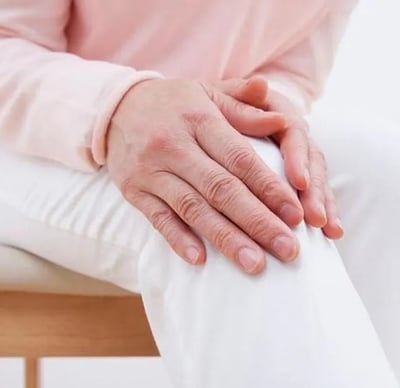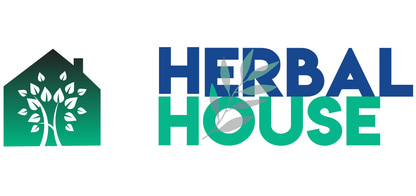JOINT PAIN
Joint pain refers to discomfort, aches, and soreness in any of the body’s joints. In some cases, joint pain is the result of an illness or injury. Arthritis is one of the most common causes of joint pain


AYURVEDIC VIEW OF JOINT PAIN
In Ayurveda, joint pain is classified under Sandhigata Vata. The vitiation of Vata or blockage of Vata by Kapha and Ama results in pain, stiffness, and swelling in the joints.
AYURVEDIC VIEW OF JOINT PAIN
In the UAE, the most common cause of back pain is prolonged sitting. Long hours of driving, traveling, sitting at work without breaks, lack of exercise, lifting heavy weights without proper back support, and Vitamin D deficiency are also contributing factors.
Osteoarthritis in Ayurveda
Osteoarthritis occurs when the protective cartilage that cushions the ends of the bones wears down over time, leading to pain, stiffness, and reduced mobility.
Rheumatoid Arthritis in Ayurveda
Rheumatoid arthritis is an autoimmune disease that causes inflammation in the joints, leading to pain, swelling, and deformity.
Gout in Ayurveda
Gout is a form of arthritis caused by the deposition of urate crystals in the joints, often leading to sudden, severe attacks of pain, swelling, redness, and tenderness in the joints.
Frozen Shoulder in Ayurveda
Frozen shoulder refers to pain and stiffness in the shoulder joint. Over time, the shoulder becomes difficult to move and may become entirely frozen.
Tennis Elbow in Ayurveda
Tennis elbow, also known as lateral epicondylitis, is a condition where the outer part of the elbow becomes painful and tender, usually as a result of overuse of the muscles and tendons.
Carpal Tunnel Syndrome in Ayurveda
Carpal tunnel syndrome is caused by compression of the median nerve in the wrist, leading to pain, numbness, and tingling in the hand and arm.
Fibromyalgia in Ayurveda
Fibromyalgia is a disorder characterized by widespread musculoskeletal pain, accompanied by fatigue, sleep, memory, and mood issues.
Heel Pain in Ayurveda
Heel pain, often caused by plantar fasciitis, involves inflammation of the thick band of tissue that runs across the bottom of your foot, connecting your heel bone to your toes.
Knee Pain in Ayurveda
Knee pain can result from injuries, arthritis, or wear-and-tear. It often limits mobility and flexibility.
AYURVEDIC TREATMENT FOR JOINT PAIN
Ayurvedic treatment for joint pain involves pacifying Vata and reducing inflammation using herbal medicines and therapies.
Lepanam
Ilakizhi
Abhyangam
Virechanam
Podikizhi
Pizhichil
Vasthi
Nasyam
